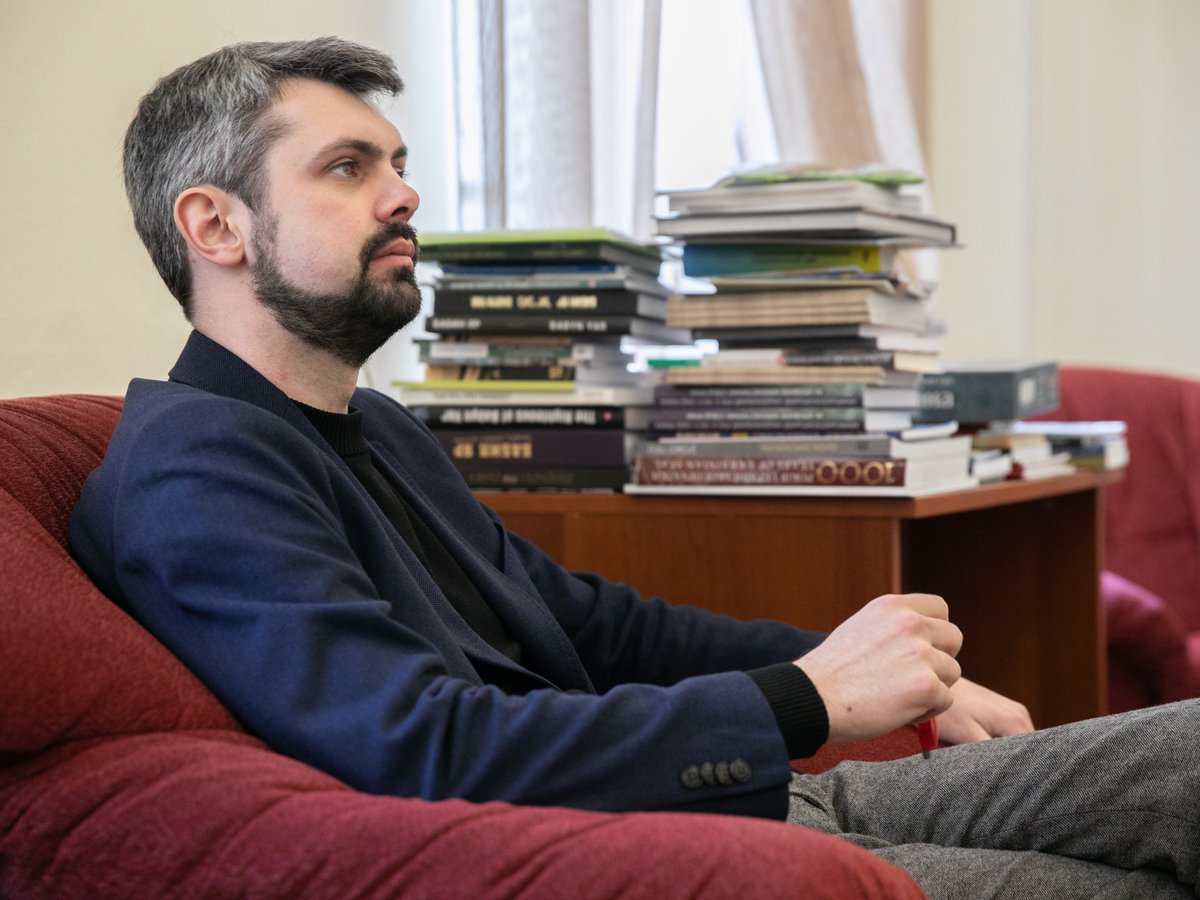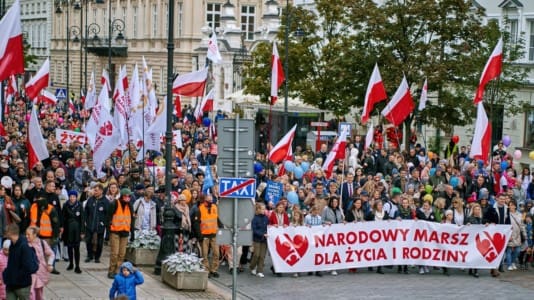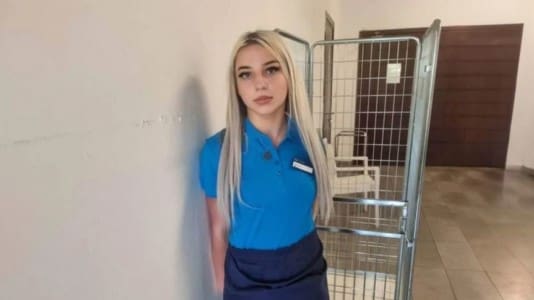The decision of the Ukrainians to block any further exhumations of the victims of the Volhynia massacre during the Second World War until Poland restores the monuments and graves of Ukrainian Insurgent Army (UPA) forces in Poland, will come as no surprise to realists about Poland’s policy of submissiveness.
Anton Drobovych, the head of the Ukrainian Institute of National Remembrance, has said that Ukraine will not allow the resumption of exhumations of the victims of the Volhynia massacre until Poland honors the Ukrainian Insurgent Army (UPA) fighters killed by the Soviets in Poland. He also expressed satisfaction that the spokesman of the Polish Ministry of Foreign Affairs who called on President Zelensky to apologize for the Volhynia massacre has been fired from his position.
I am not surprised. This may only shock those who wanted to believe in some mythical great friendship between Poland and Ukraine. All we share with Ukraine is our common goal of resisting Russian expansionism, but in terms of economic and political interests, as well as our common history, there is much that divides us.
I thought a while ago that history could be put aside, despite the Ukrainian insistence on making a hero out of Stepan Bandera and his UPA. There was some hope that Ukrainians would put forth the heroes of today’s war against Russia as their calling card in the world, but the cult of Bandera is actually getting stronger rather than weaker in Ukraine.
Drobovych’s stance on the exhumations show that history cannot be brushed aside.
It is all par for the course for Ukraine on the issue of Volhynia. The surprise should be the lack of Poland’s reaction. There is no reaction because of our passive acceptance of Kyiv’s narratives as if we were dependent on them.
Polish decision-makers continue to be blind to the fact Ukraine is putting its own economic and political interests first, ahead of relations with Poland.
Polish President Andrzej Duda will no doubt continue with his policy of being the main cheerleader for Ukrainian NATO and EU membership at the Vilnius NATO summit. Once again, this will be done without any preconditions as to what Kyiv should do in return.
It is also likely that on July 11, the 80th anniversary of “Bloody Sunday,” Ukraine will say nothing of consequence regarding the massacre. President Duda will then be in Vilnius and will send one of his aides to Ukraine for any commemoration. As a result, the elephant in the room will continue to grow.
The shape of present Polish-Ukrainian relations comes down to our government and President Andrzej Duda. He will not be held to account for this, as he will not be contesting the next presidential election. However, his legacy on this issue will remain with him for eternity.






